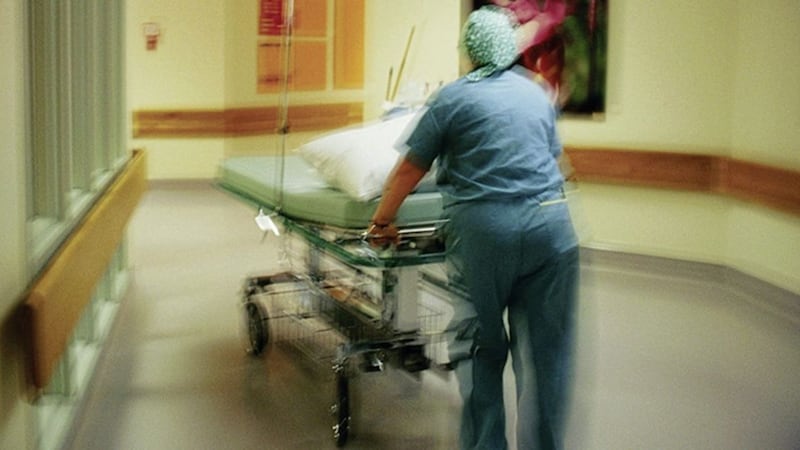THE number of people being treated in the north's hospitals for Covid-19 has jumped by 54 in the space of a day.
Stormont's Department of Health said there were 368 Covid inpatients across all Northern Irish hospitals today, compared to 314 yesterday.
The new inpatient figure came as the department recorded another six Covid deaths and 1,278 new cases of infection - a rise of 169 from yesterday's new case number.
The data means there has now been a confirmed 2,599 Covid deaths in the north, and a confirmed 252,208 cases of the virus since the beginning of the pandemic.
However, despite the rise in inpatient numbers, the number of people being treated in intensive care units in northern hospitals fell by four to 31 today.
In the Republic meanwhile, there were 402 Covid inpatients in hospitals today, of which 73 were receiving intensive care.
The south's National Public Health Emergency Team also said another 1,466 cases of Covid were recorded today, taking the confirmed total so far to 405,970.
The official number of Covid deaths in the south remains at 5,280.
Meanwhile, the north's Department of Health has set out details of its vaccination programme for the months ahead.
To date there have been 2,556,457 Covid shots administered in the north, while in the south the figure is over 7.26 million.
The department said Covid booster jabs are being offered to care home residents and frontline healthcare workers.
A spokesperson said: "In line with the advice from the Joint Committee on Vaccination and Immunisation, everyone aged 50 and over will be eligible for a booster jab, once six months has passed from their second Covid vaccine dose.
"Eligibility also covers those aged 16 to 49 years with underlying health conditions that put them at higher risk of severe COVID-19, adult carers and adult household contacts of immunosuppressed individuals."








